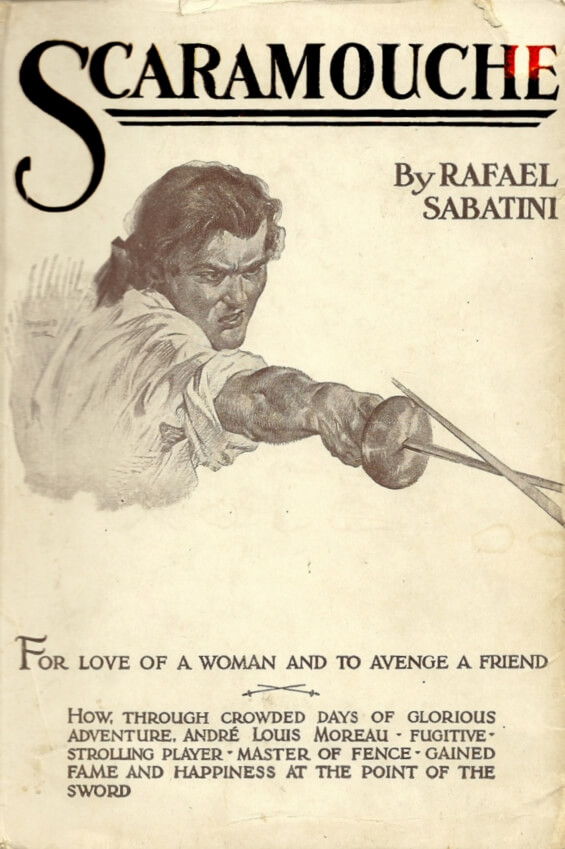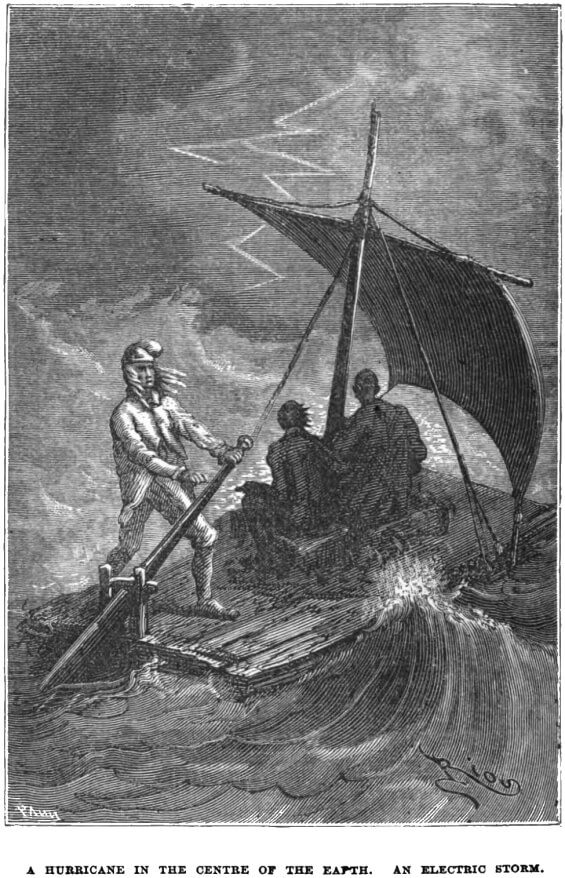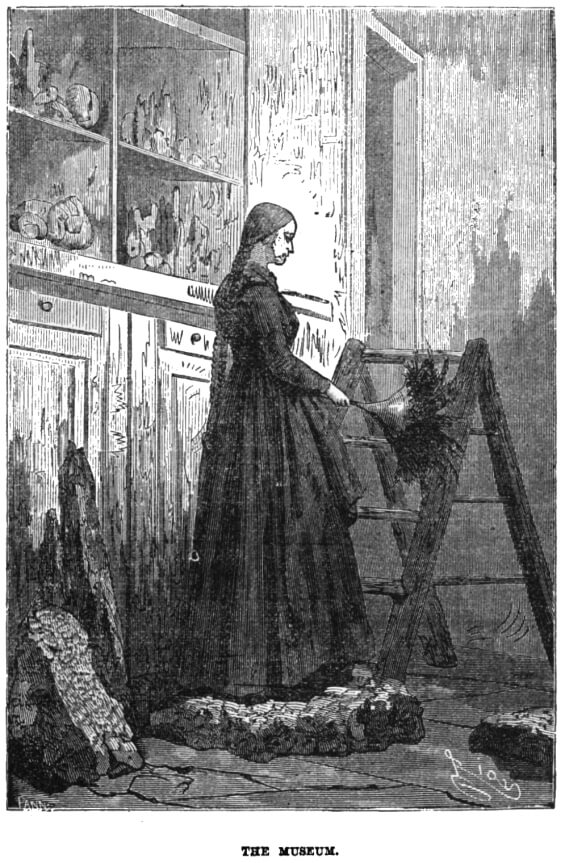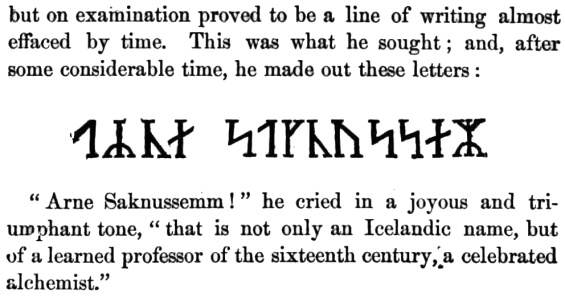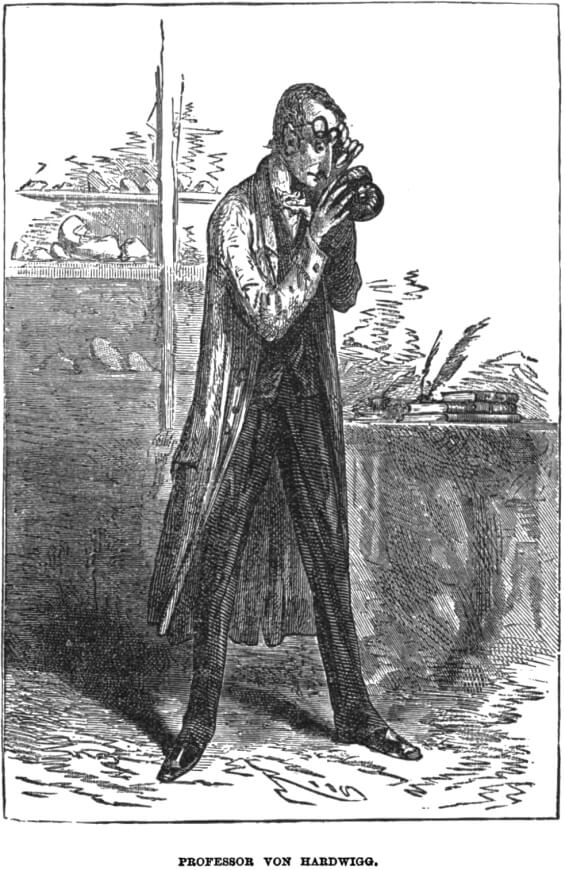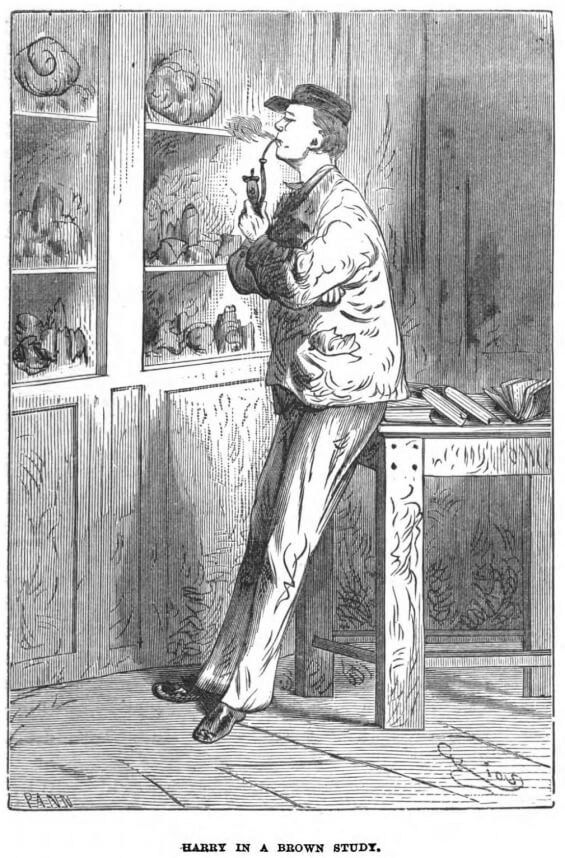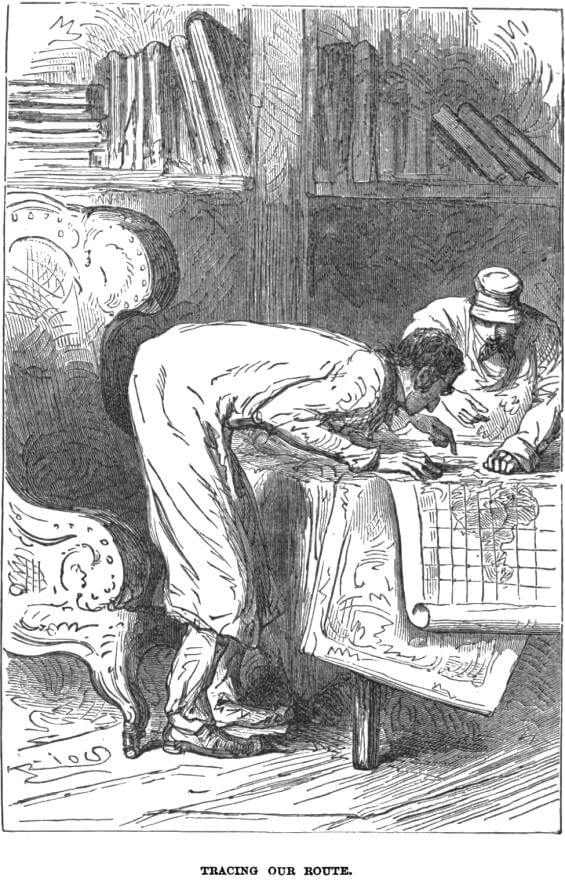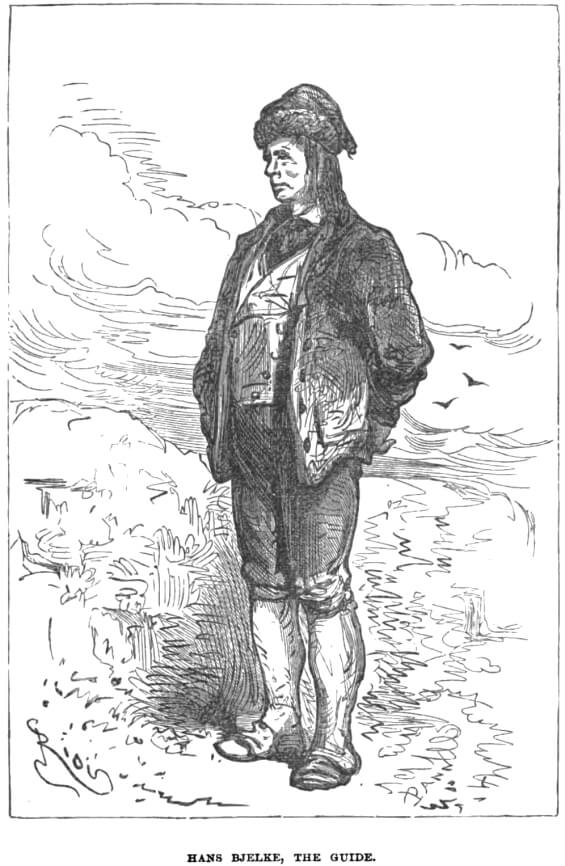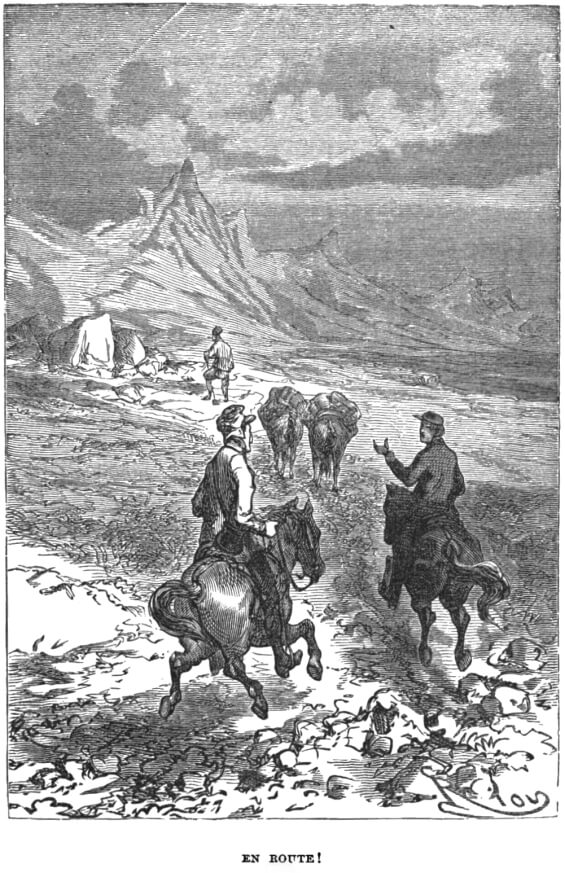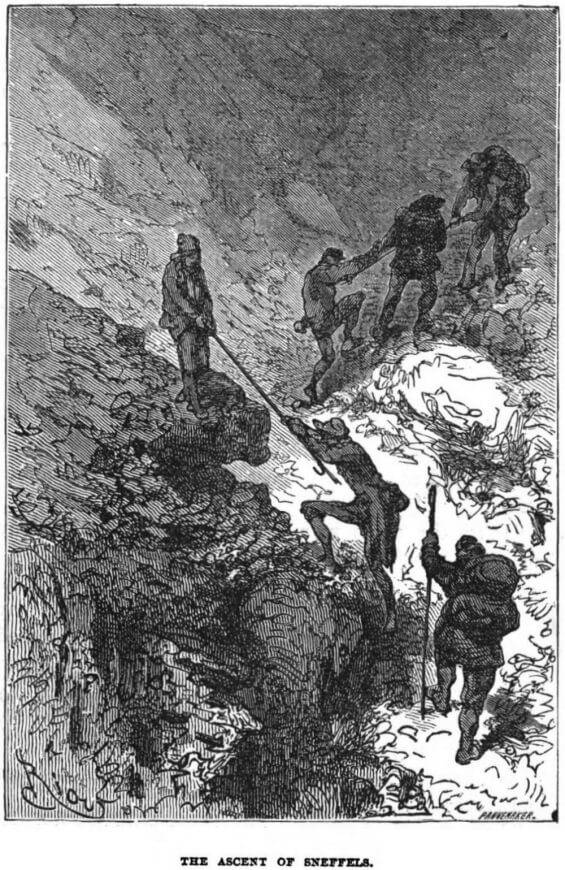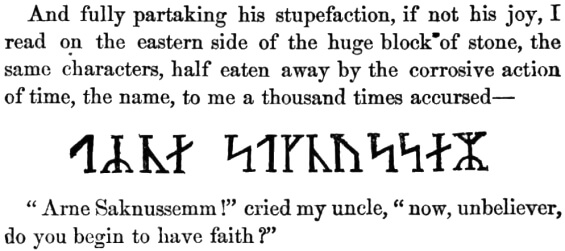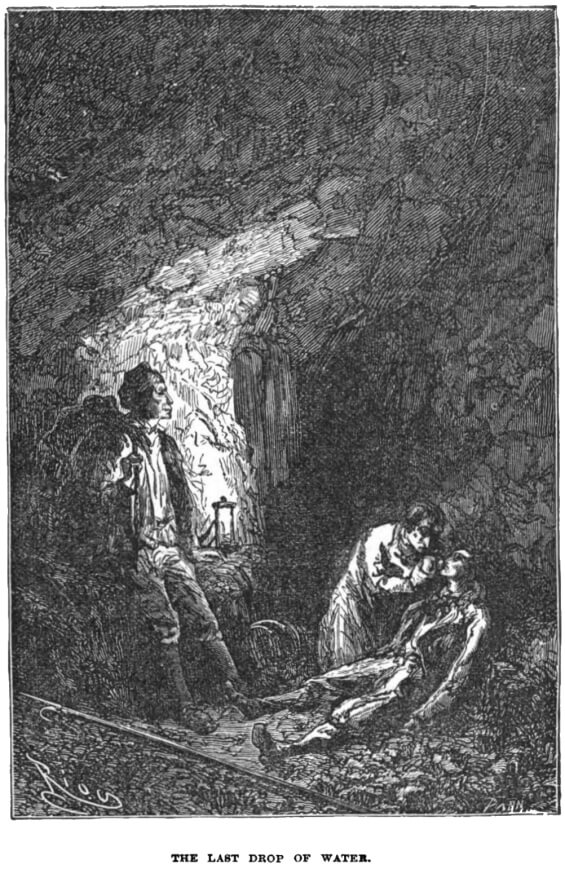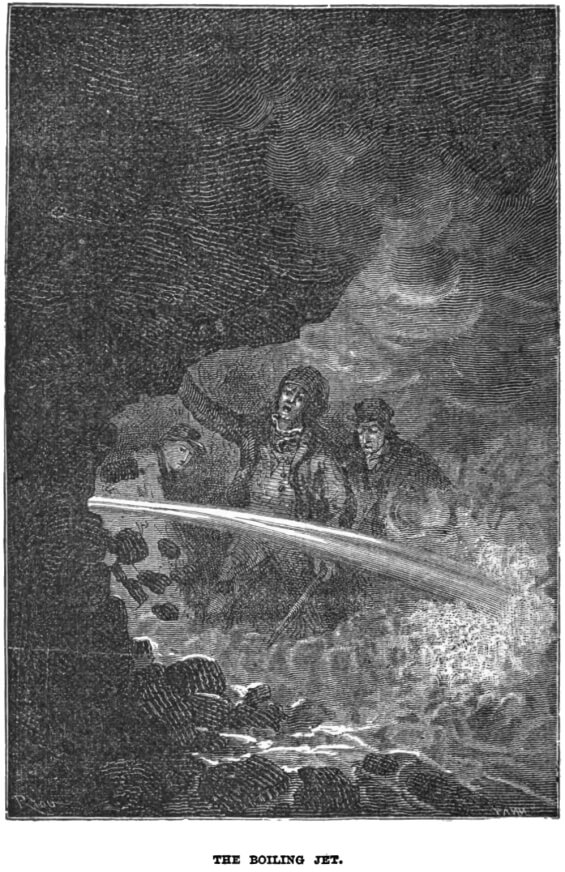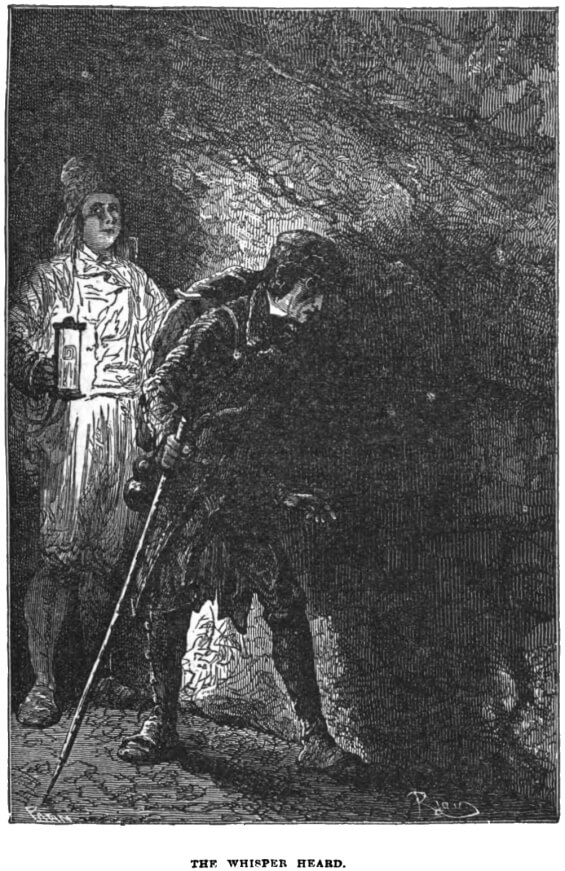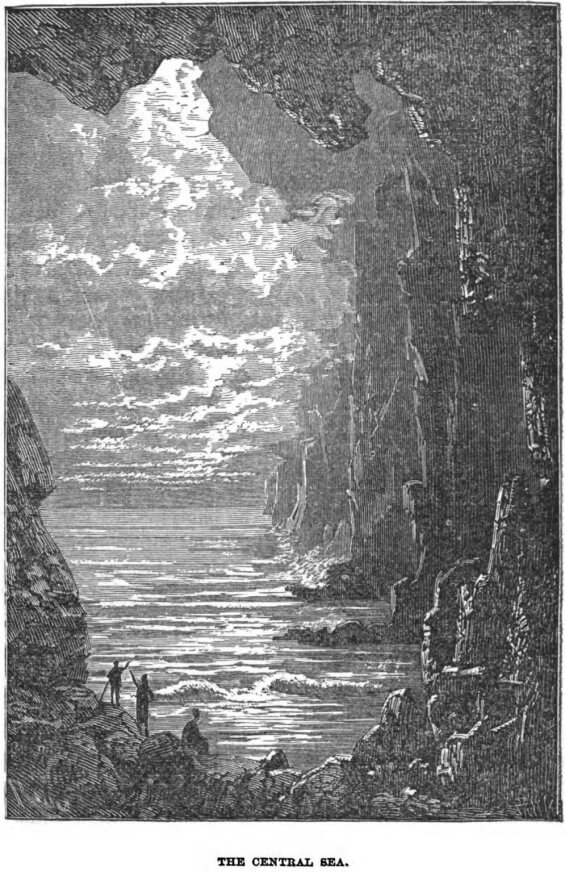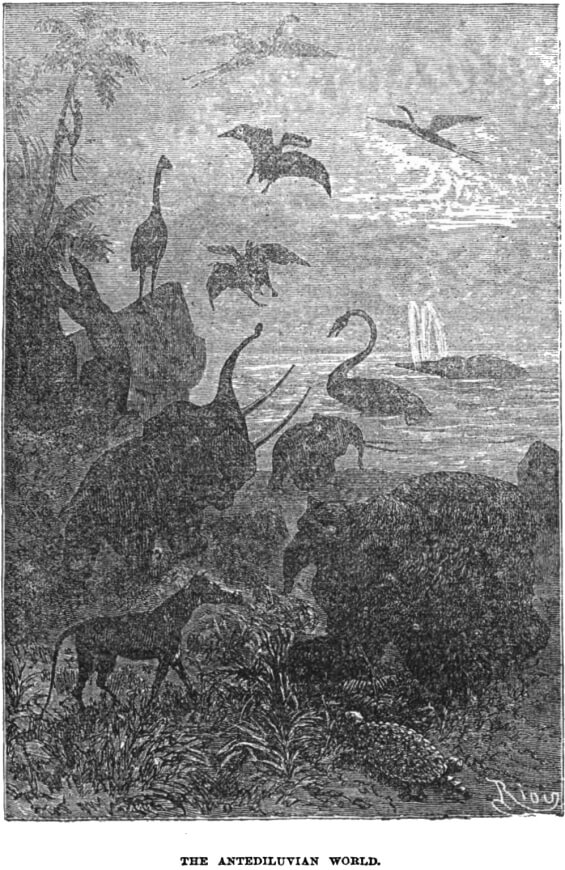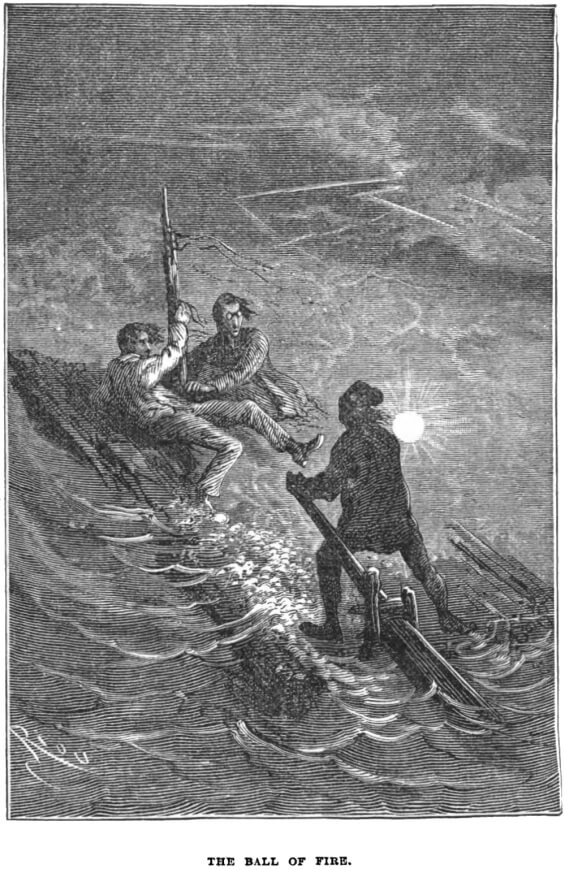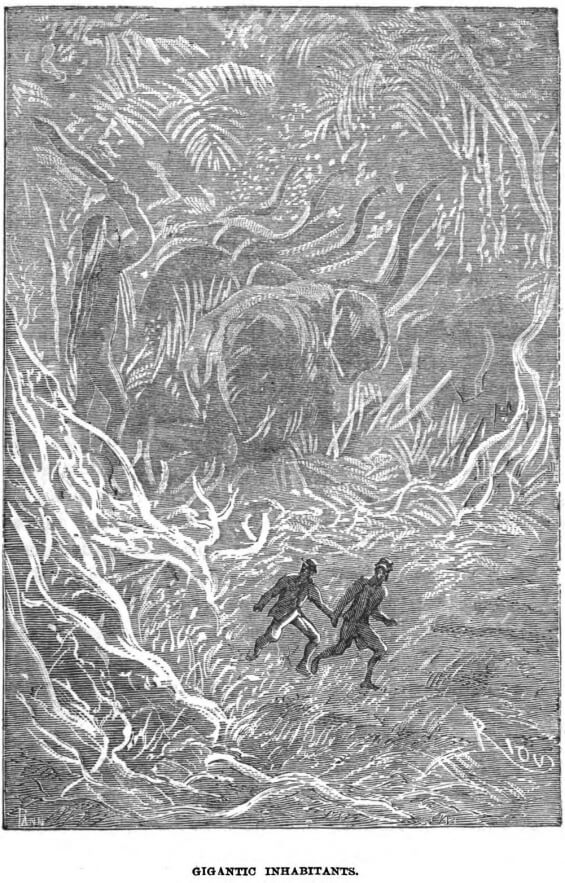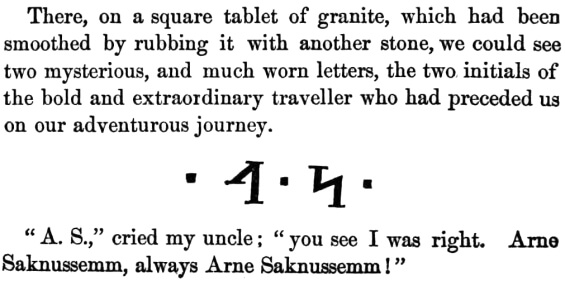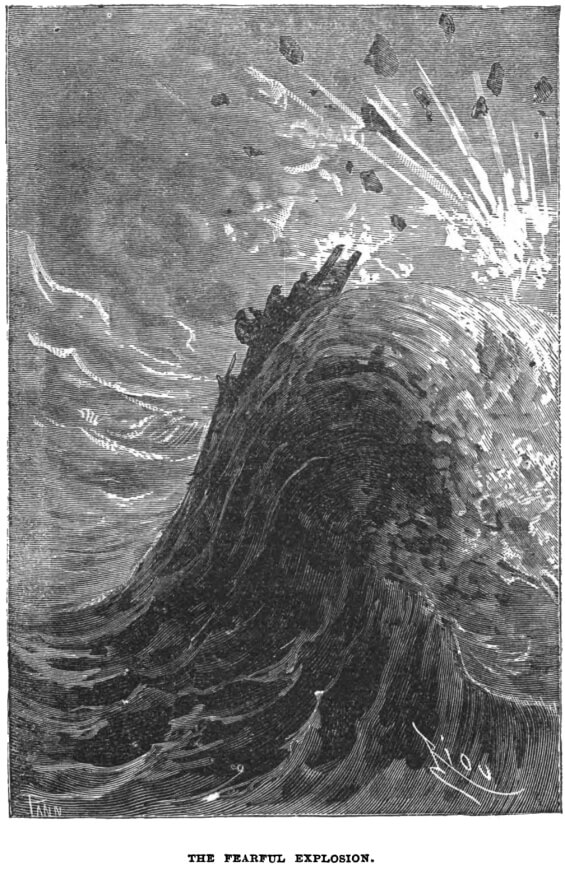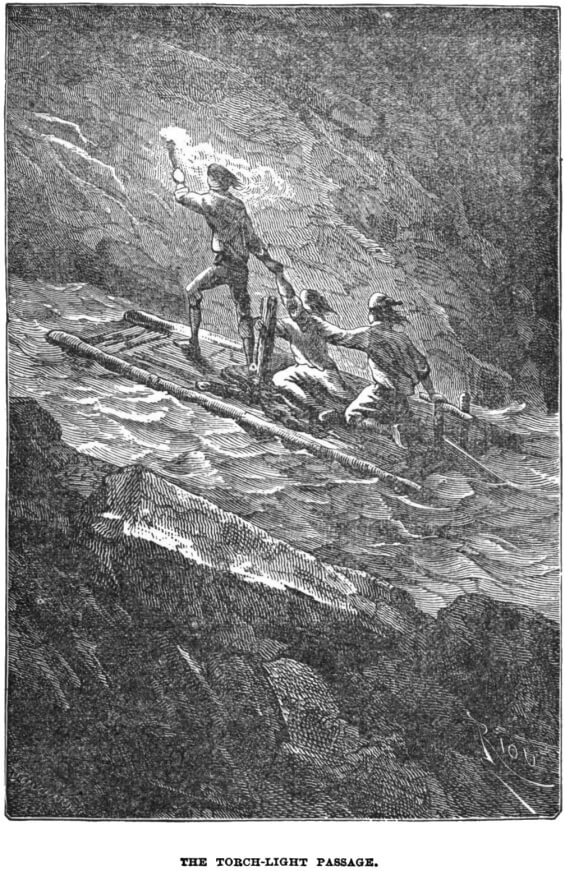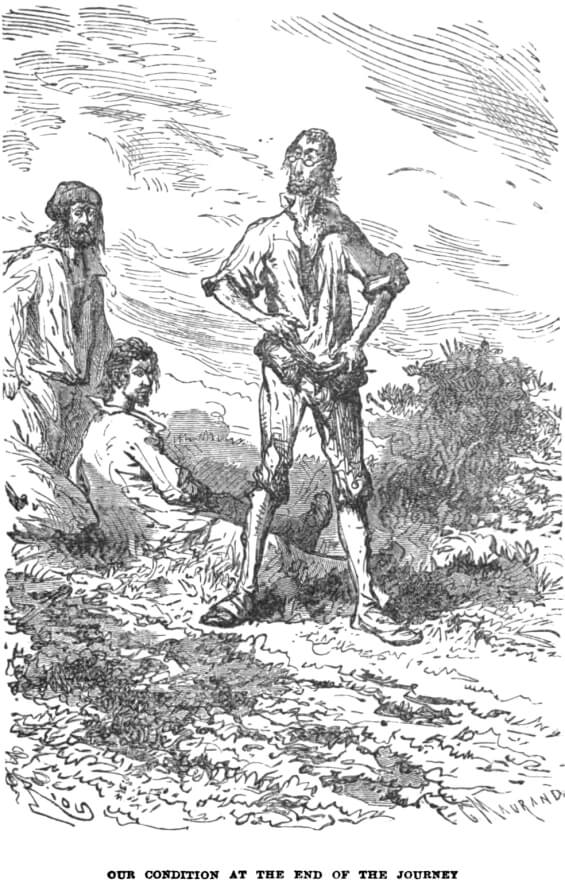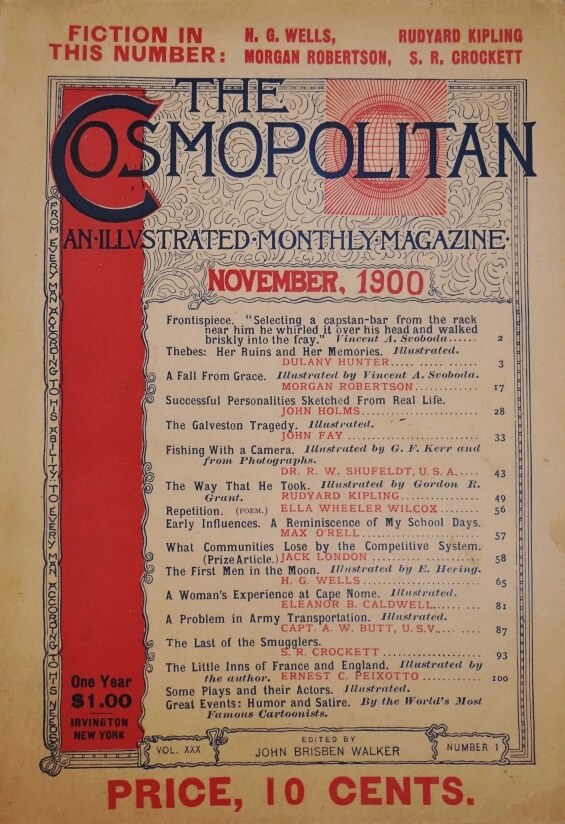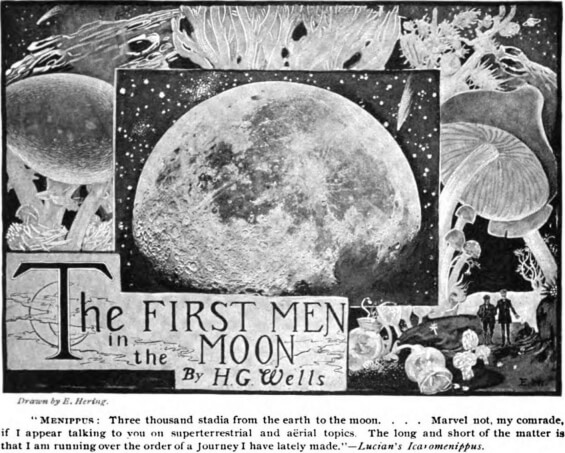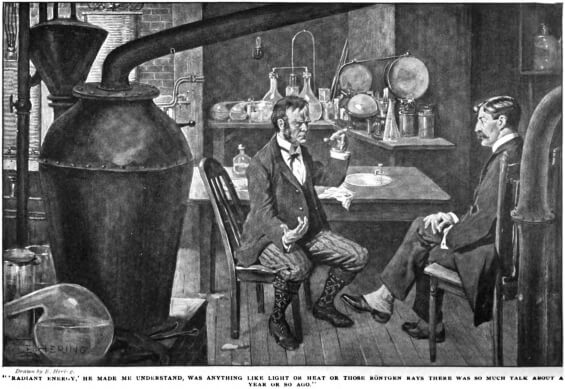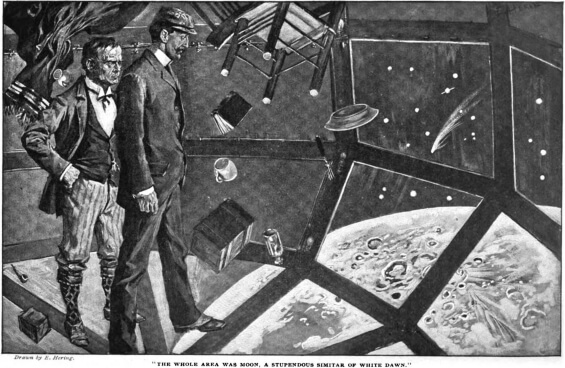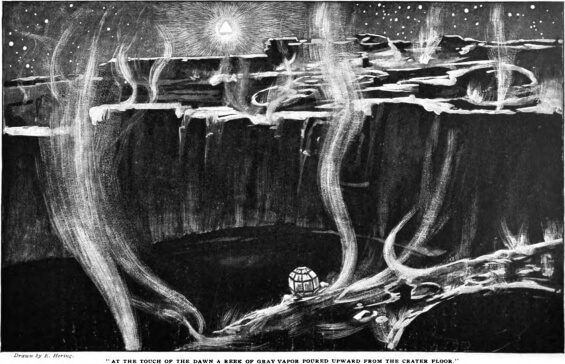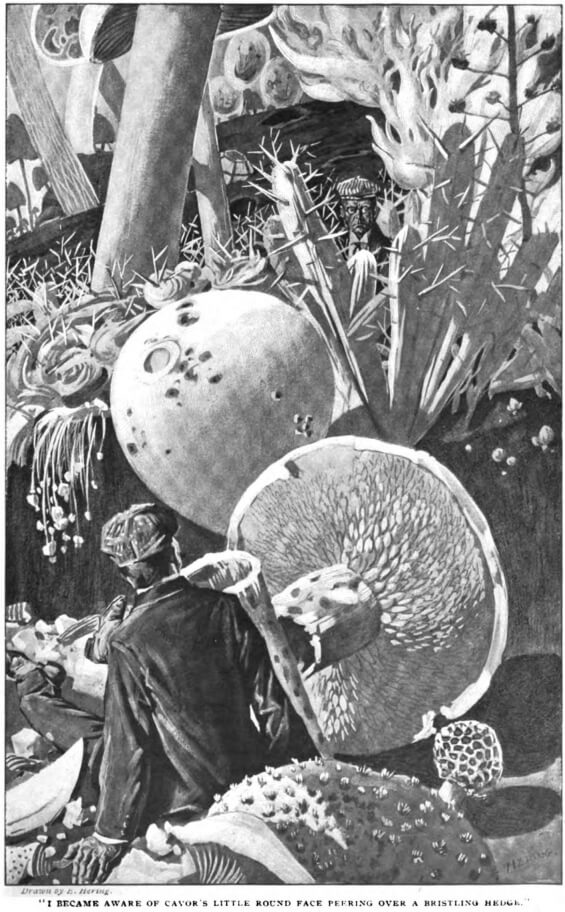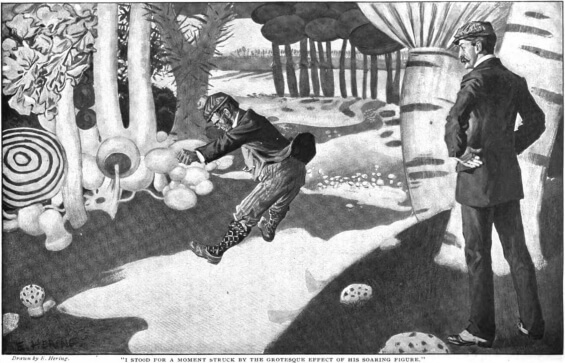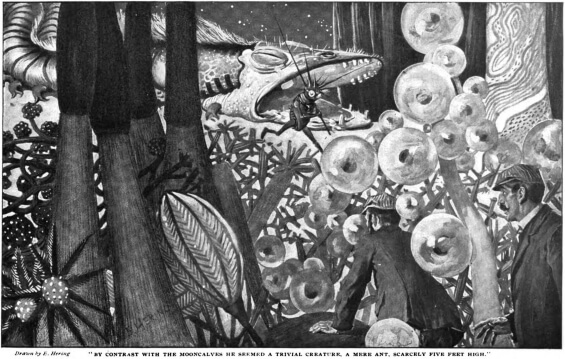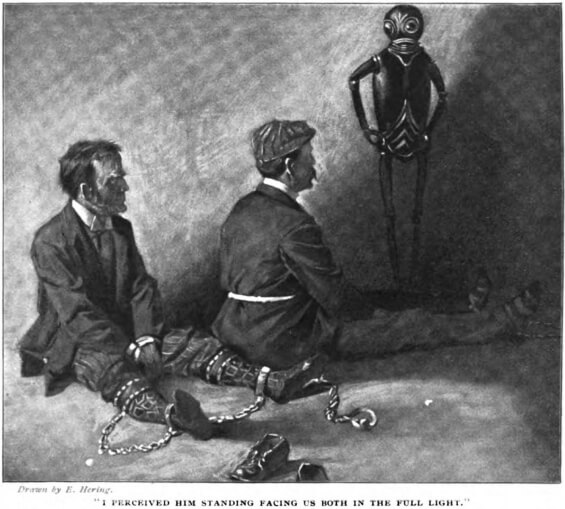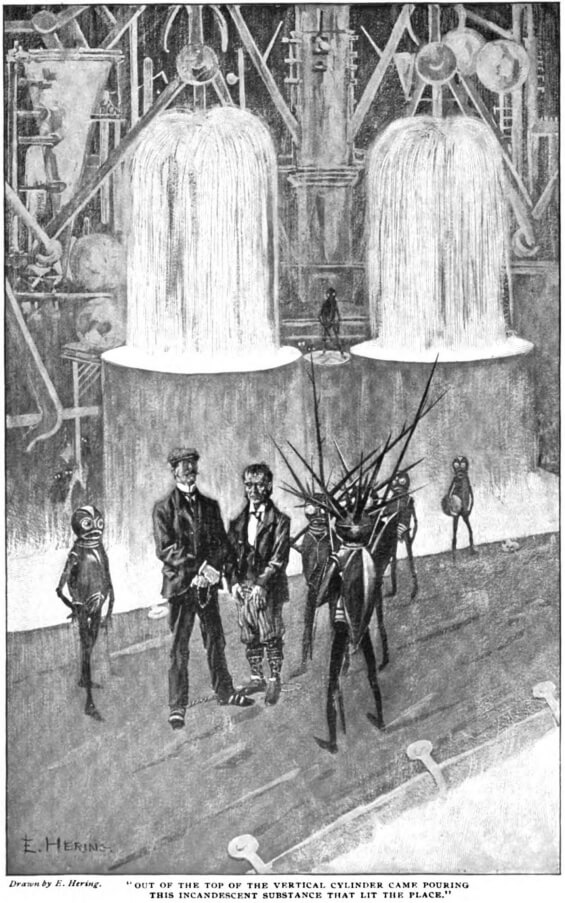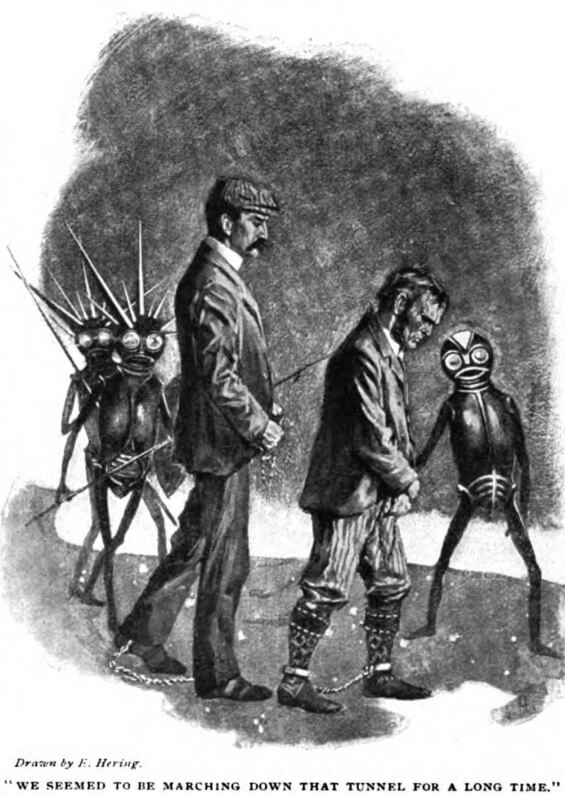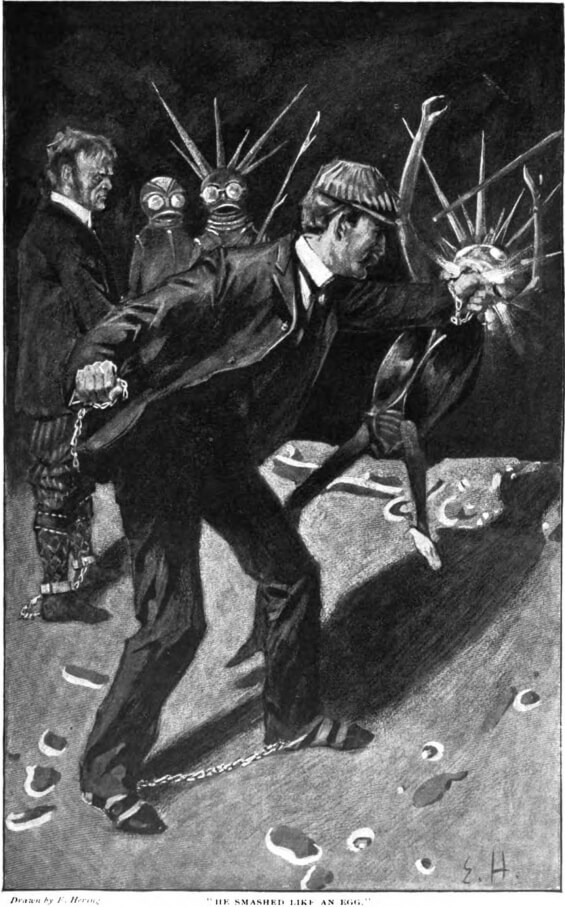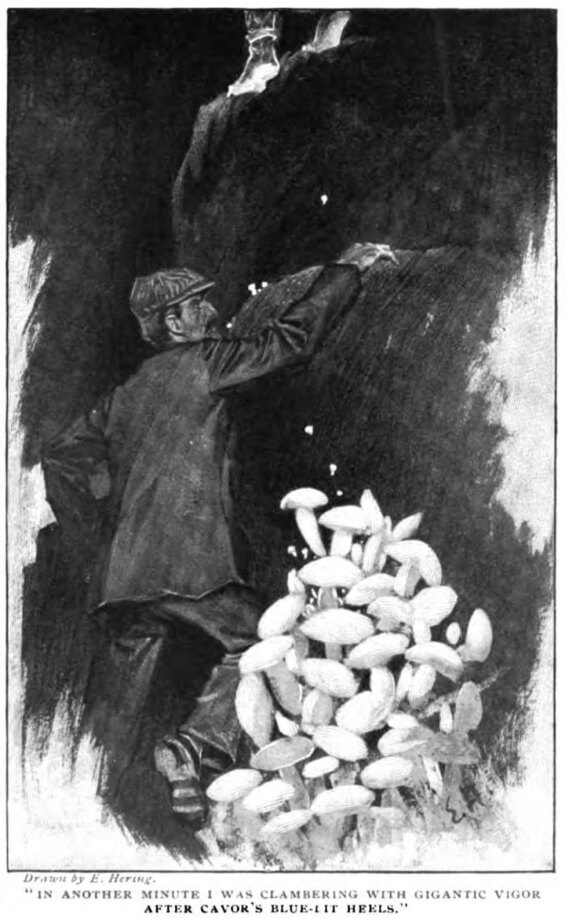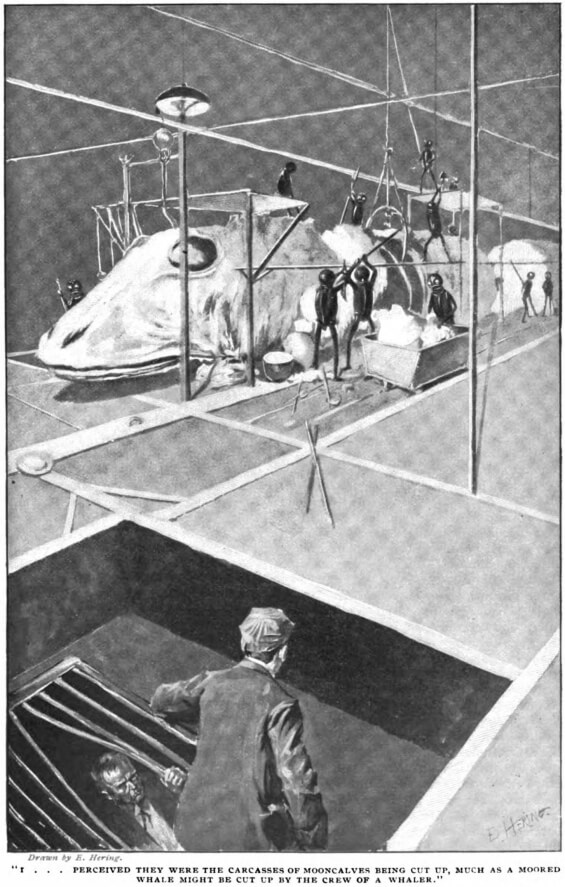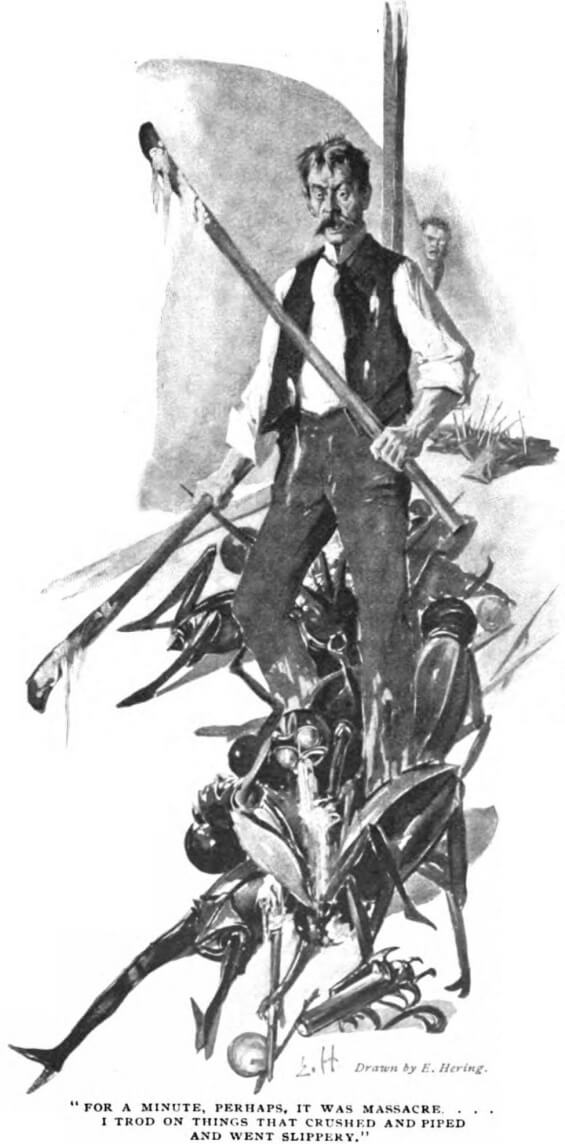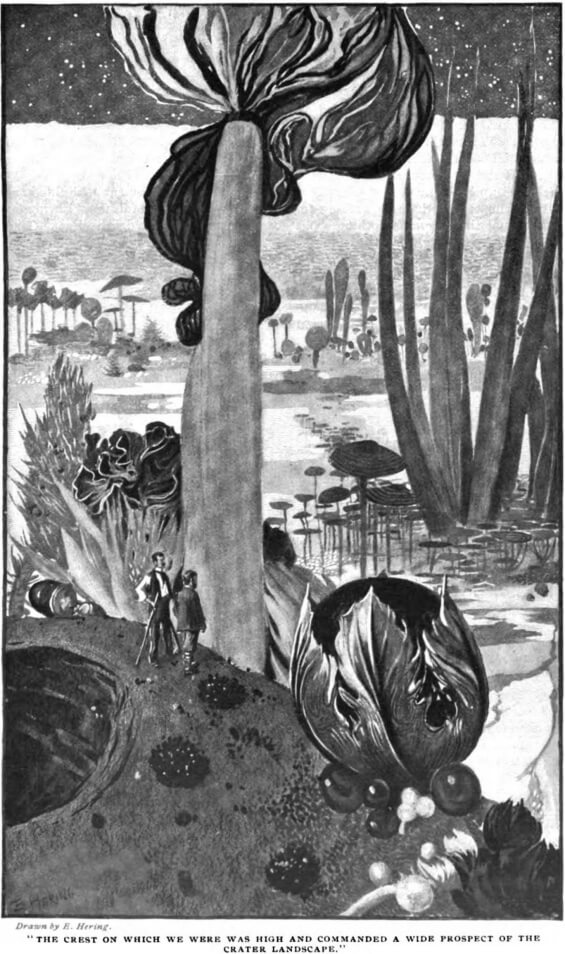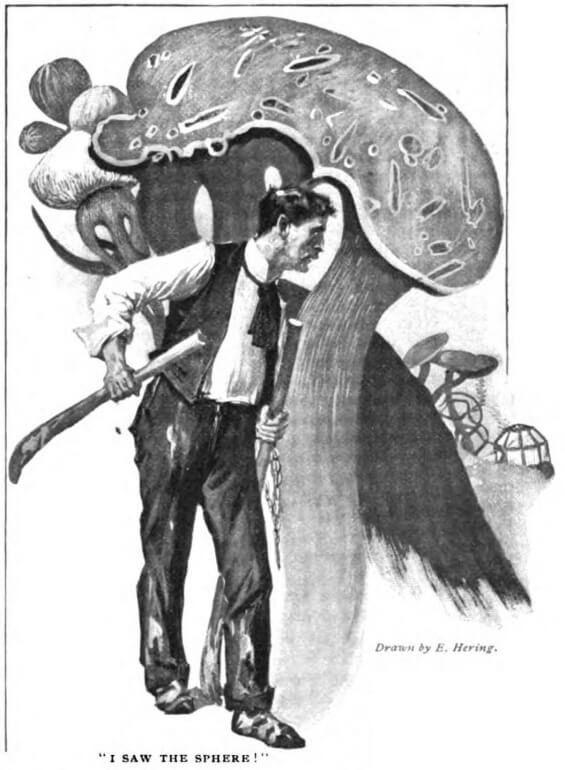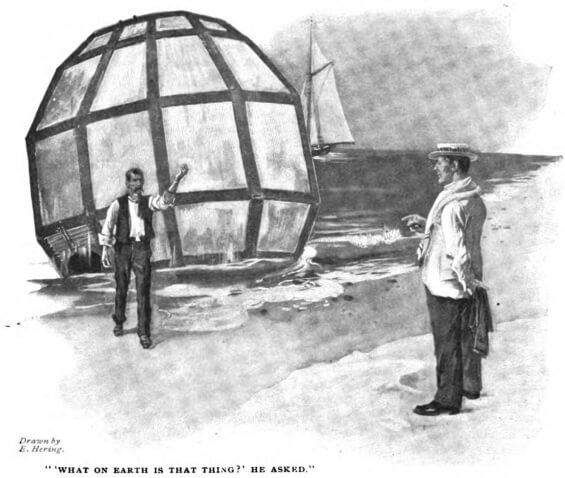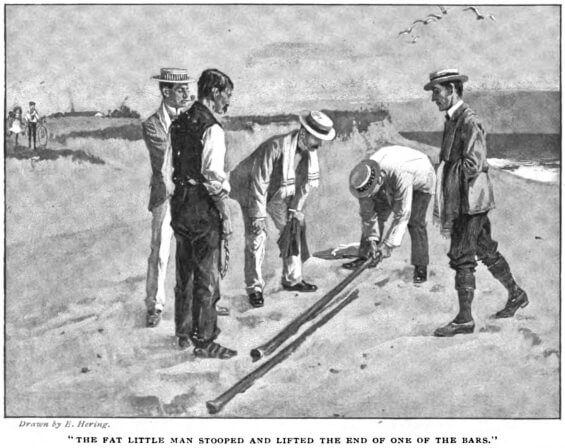

 The SFFaudio Podcast #372 – June 6, 2016 by George Allan England; read by Julie Davis of A Good Story Is Hard To Find. This is an unabridged reading of the short story (52 minutes) followed by a discussion of it. Participants in the discussion include Jesse, Paul Weimer, Julie Davis, and Maissa Bessada.
The SFFaudio Podcast #372 – June 6, 2016 by George Allan England; read by Julie Davis of A Good Story Is Hard To Find. This is an unabridged reading of the short story (52 minutes) followed by a discussion of it. Participants in the discussion include Jesse, Paul Weimer, Julie Davis, and Maissa Bessada.
June 6th, 2016 was first published in Collier’s in April 22, 1916.
Talked about in this episode:
as a story, a fine imagination about all the technologies we’ll have in the future, a time capsule to open after 100 years, storytelling aside…, accurate predictions?, a historical artifact, Looking Backwards, what were you thinking, nothing is accurate, a third right, if you squint real hard, a terrible plot, the sappiest romance, he foresaw Marilyn Monroe, he got texting, radio movies = television, any particular paragraph, technology and social change, alcohol isn’t made anymore, socialist pushing, prohibition, that experiment failed, smoking is still in fashion (but falling out of favor), unless you’re sanitized, he got Skype right (kinda), wouldn’t it be great if we could…, burning our clothes, everything is made of paper and only used once, paper underwear, it’s illegal to make noise or to be sick, as a dystopian story, “Repent, Harlequin!” Said The Ticktockman by Harlan Ellison, free public transit, everything is aluminum, everything is regulated, weather regulated, cloud seeding, from the Territory of Patagonia to the State of Labrador, the President of England, the 1970s push for the metric system in the USA, everyone is cooperating now, the United States of Asia, the Asian fleet is stationed in Hawaii, Japan or China, they made NAFTA really work, the TPP, a 2016 airplane that’s already broken, the anti-grav element, automation from a distance, the self driving car, the “Tesla” thing, more Philip K. Style, 250km per hour, the Trans-Atlantic aircraft, how amazing that would have sounded, he got some things right, why this story is so extraordinary, Philip K. Dick’s 2016, a slice of life from one day 100 years into the future, what he got right, 28 million people live in New York, a social trend that nobody predicted (except for Clifford Simak), Make Room, Make Room, Stand On Zanzibar, what Science Fiction is doing, the “where’s my flying car” or “where’s my jetpack?” phenomenon, obsessed with hygine, Purell everywhere, there’s no crime in this story, she was promised more rain, what makes one a great writer, the human element, the essence of the story, the role of women, a 1960s lady, and his heart melted, businesses actually paying their taxes, the kind of socialism we can get behind, everyone knows what everyone is doing all the time, everybody knows where everybody is, convenience vs. Big Brother, everyone has everything they need, children are to be seen and not heard, where’s the children, Brave New World without the drugs, Soma in the ozoneators, the women’s suffrage movement, the Prohibition movement, every leap year women got the opportunity to ask men to marry them, marriage, cellphones (or satphones) telepathy, a slidewalk as in The Roads Must Roll by Robert A. Heinlein, Iridium Satphone, an urgent telepathic call from Hong Kong, bluetooth technology, the Sub-Atlantic tube, a trans-atlantic tunnel, Channel Tunnel, email, video ads on the subway, newspapers are completely gone, how much would George Allan England like us talking about this story on this date?, headphones, what a world of wonders we do live in, to George, we’re not there yet (for non-commercial cremation), filling in New York harbour, we bend nature to our will, the big eugenics thing, the eugenics board, the fallacy of eugenics, Muhammad Ali, how fallible and foolish people are, alcohol going out of fashion, turning off alcohol would be like banning marriage, The Drunken Botanist, the benefits of alcohol, people in 9,000bc, the archaic art of letter writing, a little gesture of the time, investing in the characters, the PDF is a bit hard to read, muting the feminine philosophy, feminism, he will make more in the end, the images, did the art come first and the story follow?, etherically connected, centrally regulated atomic clocks, a Pickwick Papers situation, Charles Dickens, the illustrator died, monthly installments, the invention of the cliffhanger, Paul is related to Charles Dickens.
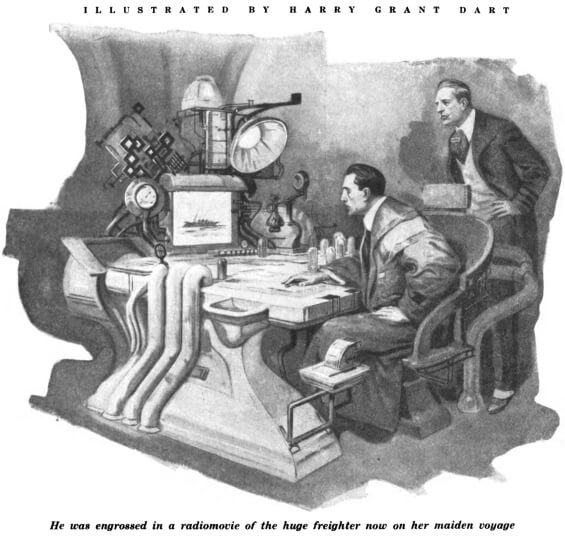
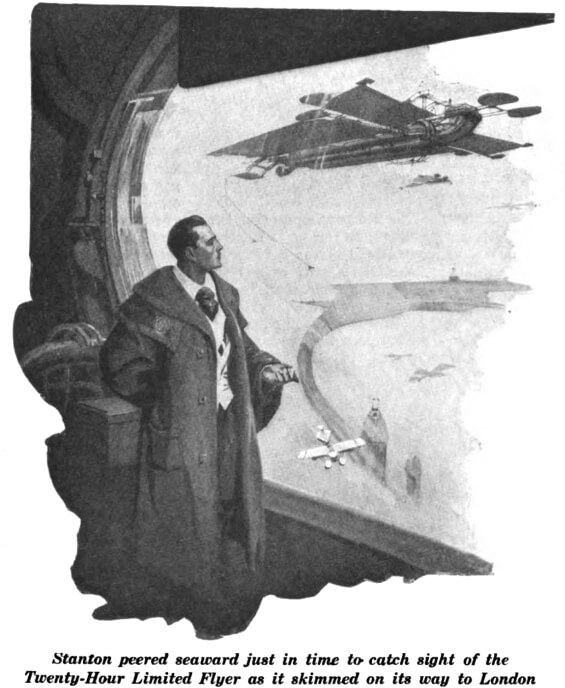
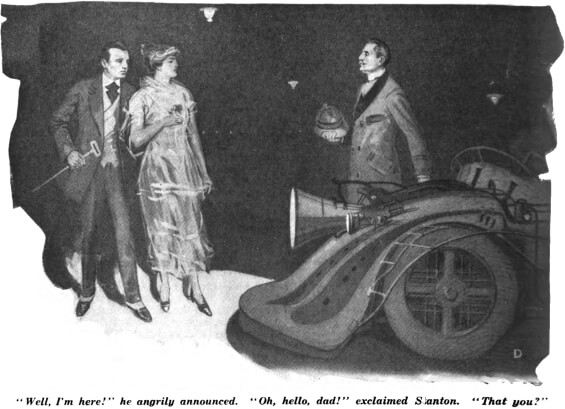
Posted by Jesse Willis

 The SFFaudio Podcast #384 – The Parasite by Sir Arthur Conan Doyle, read by Delmar H. Dolbier.
The SFFaudio Podcast #384 – The Parasite by Sir Arthur Conan Doyle, read by Delmar H. Dolbier.
